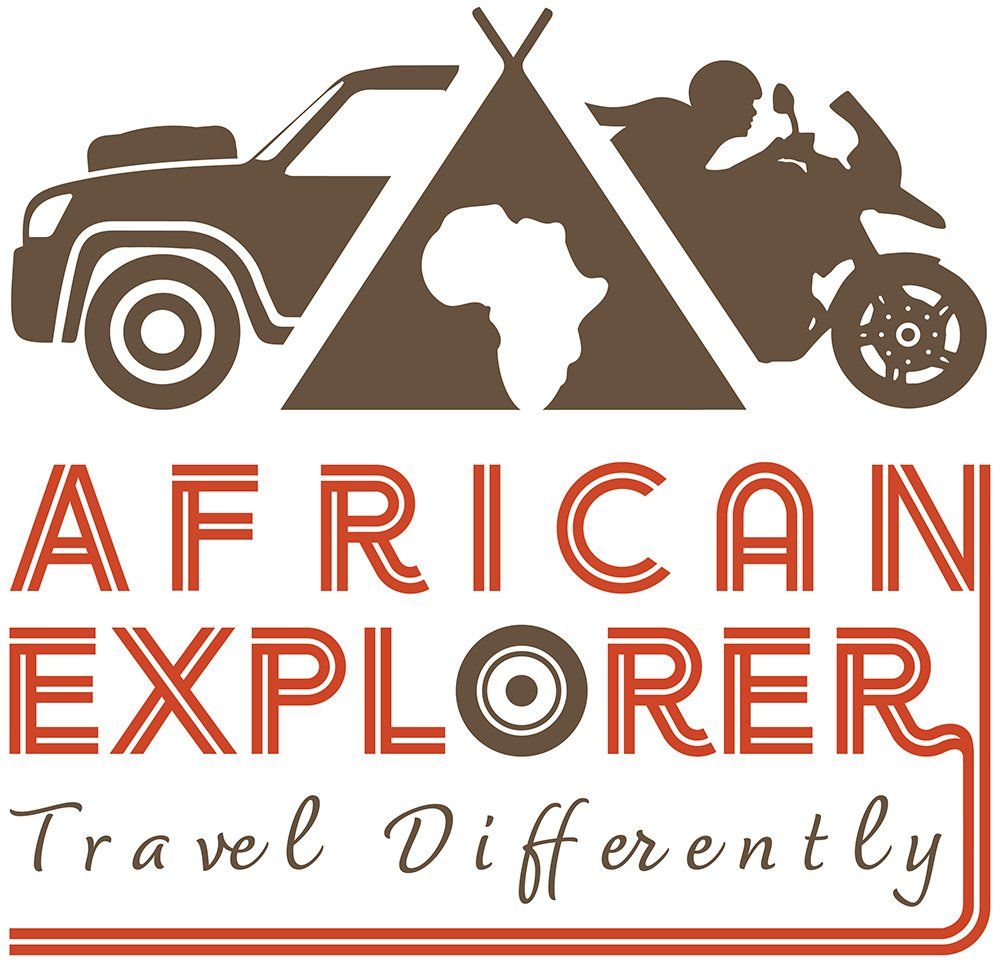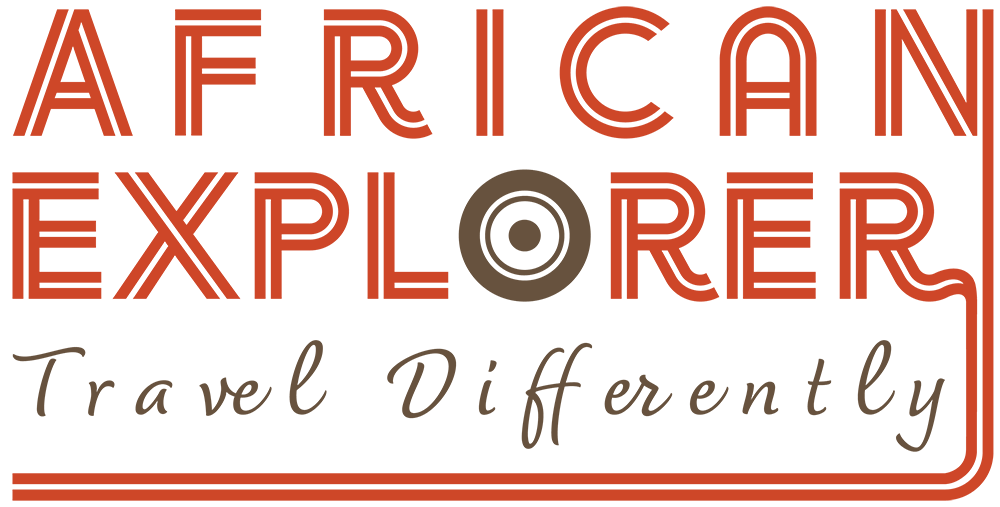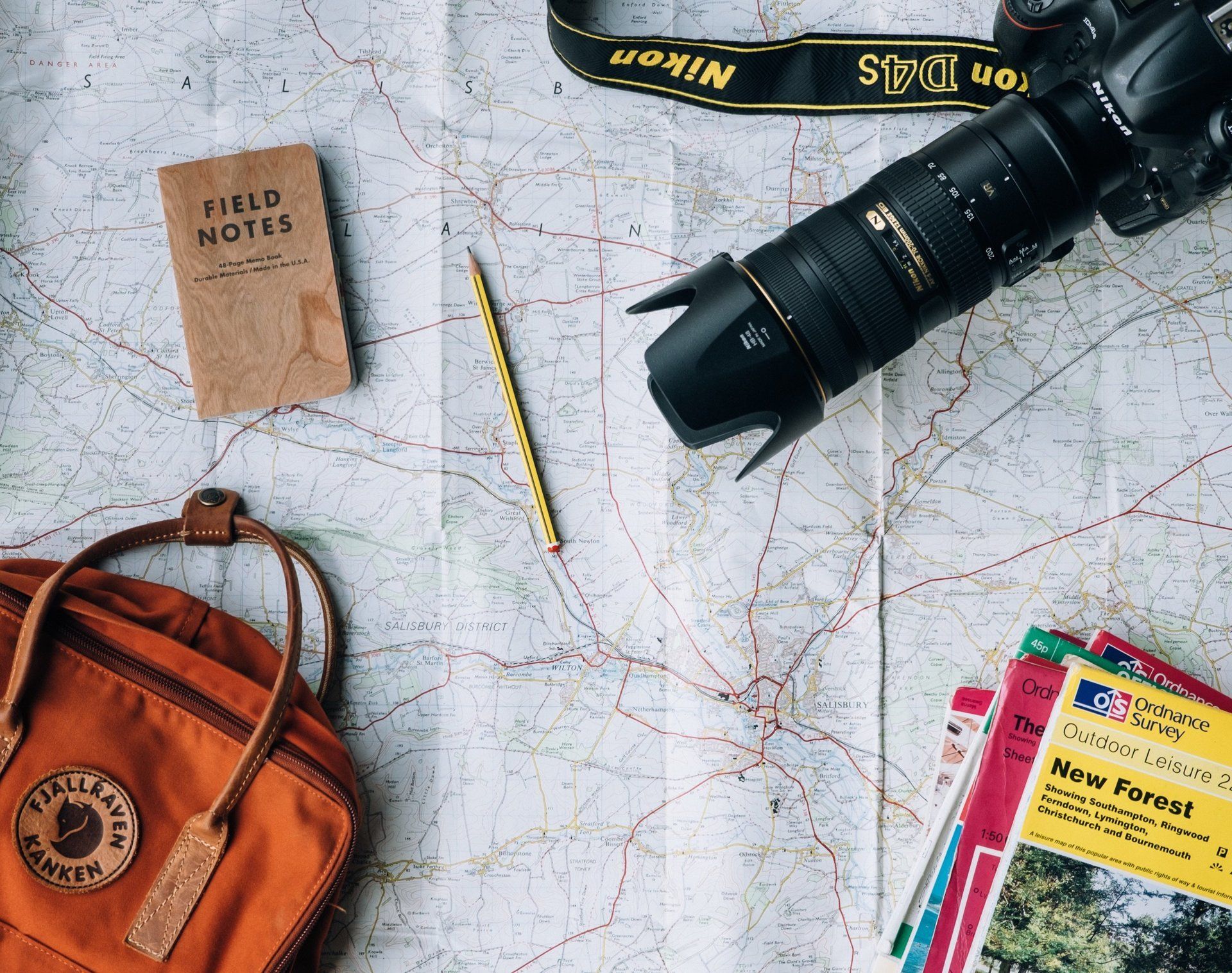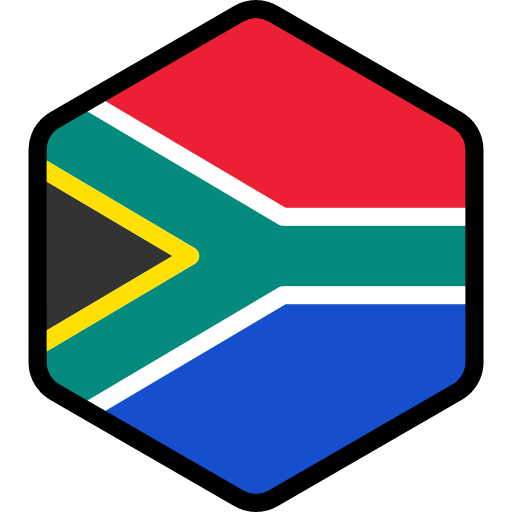We speak English / Spanish
This page lists helpful South African travel advice related to visa requirements, travelling with children, flights and more.
- General Information
Please visit: https://www.gov.za/about-sa
- Travelling with Children
Please visit: http://www.dha.gov.za/index.php/statements-speeches/621-updated-advisory-new-requirements-for-children-travelling-through-south-african-ports-of-entry for updated and accurate information related to rules and regulations for travelling through South Africa with children.
- Flights
We advise booking flights yourself -- there are a host of airlines that fly to southern Africa.
Please visit: https://www.travelstart.co.za/ or visit the websites of:
● KLM
● Emirates
● Etihad
● Ethiopian Airways
● Turkish Airlines
● Lufthansa
● South African Airways
● British Airways
● Swiss Air etc.
- Changes, Cancellations and/or Delays
Please contact us for more information should this occur as various suppliers have different policies in place with different T&C’s.
We highly recommend travellers purchase Travel [Cancellation] Insurance in case of any possible changes, cancellations and/or delays.
- Travel Insurance & Emergency/Medical Cover
We strongly recommend clients purchase Travel and/or Medical Cover prior to departure.
- VISA Requirements
Every person seeking to enter South Africa to hire our vehicles/motorcycles must be in possession of a valid passport for travel to South Africa and where necessary, a visa.
Enquiries can be directed to South African diplomatic representatives abroad or the Department of Home Affairs in Pretoria. Visitors who intend travelling to South Africa’s neighbouring countries and back into South Africa are advised to apply for multiple entry visas.
In terms of existing arrangements, passport holders of certain countries are exempt from visa requirements. Tourists must satisfy immigration officers that they have the means to support themselves during their stay and that they are in possession of a return or onward air ticket/s. They must also have valid international health certificates.
Visit the The South African Department of Home Affairs for more info.
Please go to: http://www.dha.gov.za/index.php/immigration-services/types-of-visas
You do not need a Visa for entering South Africa for up to 90 days -- if your come from:
● Argentina
● Australia
● Austria
● Belgium
● Botswana
● Brazil
● Canada
● Chile
● Czech Republic
● Denmark
● Ecuador
● Finland
● France
● Germany
● Greece
● Iceland
● Ireland
● Israel
● Italy
● Jamaica
● Japan
● Liechtenstein
● Luxembourg
● Malta
● Monaco
● Mozambique
● Namibia
● Netherlands
● New Zealand
● Norway
● Panama
● Paraguay
● Portugal
● Qatar
● Russia
● San Marino
● Saudi Arabia
● Singapore
● Spain
● Sweden
● Switzerland
● Tanzania
● Trinidad & Tobago
● United Arab Emirates
● United Kingdom
● United States
● Venezuela
● Zambia
● Zimbabwe
- Where do I find addition information about visiting SA ?
The South African Tourism website provides information on tourist attractions, tips, destinations, contact information, links etc.
- Malaria
This disease is to the larger extent under control in South Africa. City centres like Johannesburg, Pretoria, Durban & Cape Town are free from malaria and safe for travellers of all ages. Regions that are affected are the Limpopo Province and Mpumalanga, northern KwaZulu Natal and Zululand. The risk of contracting the disease is negligible provided that you take the standard precautions. Malaria tablets, a good insect repellent particularly in the evening, long-sleeved shirts and mosquito coils are advisable precautions.
PRECAUTIONS AND ADVICE
● Visitors to high risk Malaria areas should personally take precautions between dawn and dusk.
● Apply insect repellent to exposed skin.
● If possible, remain indoors, close windows and doors at night unless they are screened.
● Spray an aerosol insecticide inside the sleeping area, burn mosquito coils and mosquito mats in sleeping areas.
● Sleep under a mosquito-proof bed-net.
● Wear long-sleeved clothing, trousers and socks if outdoors during this time in high-risk areas (Kruger Park, northern parts of Limpopo and northern parts of KwaZulu Natal)
● The use of anti-malaria drugs is recommended from October to May.
Please visit: https://www.nicd.ac.za/diseases-a-z-index/malaria/
- Covid-19 / Coronavirus
For updated information and South African regulations related to Covid-19 / Coronavirus please visit https://sacoronavirus.co.za/
- Tipping & Gratuities
Tipping is customary in South Africa. A guideline for visitors is the following:
● Porters R 5.00 per item
● Taxi drivers 10%
● Waiters and waitresses in restaurants 10-15%
- Mobile Coverage
Mobile phone coverage is extensive and easy to access. Purchase a local SIM card from one of the four key providers in South Africa: Vodacom, MTN, Cell C and Telkom. You can do this at the airport when you arrive. Reception and internet speeds are great in major cities and towns, but you will lose the ability to connect fast when you head into the wilderness. Keep in mind a local SIM can only be used on SIM-unlocked GSM phones. Check with your mobile network provider in your home country to be sure you can use it on your phone before you leave. Never, ever purchase a SIM card from a street seller. Always buy one in store at a kiosk, supermarket or one of the official outlets.
- Important Contact Numbers
● Tourism & Safety Information Line: 083 123 2345
● South African Police Services (SAPS): 10111
● SA Cell Phone Emergency: 112
● Ambulance Response: 10177
● SA Netcare Medical Services: 082 911 / www.netcare911.co.za
● General Poisons Information Helpline: 0861 555 777
FAQ
- Best time to travel to South Africa ?
Depends on where you would like to visit ? SA has a lot to offer, winter or summer.
- Can I use my Debit Card and Credit Card in South Africa ?
Yes. but fuel stations and toll fee transactions must be done with cash as international cards are not accepted.
- Should I book my excursions beforehand ?
Ideally yes, but again - it depends on the time of year you plan to travel, where you plan to visit and what type of activity you are up for ?
- What to take along ?
Again it depends on the season, but don't forget your passport, valid international driver's permit, credit card, sunscreen lotion, malaria medication and a good camera.
- Where to fill up my tank ?
You will find fuel stations everywhere.
- Can I camp anywhere ?
No - there a plenty campsites throughout SA.
- Can I drink water from any tap?
No, but most tap water is safe to drink in South Africa.
- Banking
Banks are found in every town. All banks also have an ATM where you can withdraw money with your card. Please ensure your card is enabled for international use. Most banking hours are from 09:00 to around 15:00, Mondays to Fridays.
Please know that not all banks have a Foreign Currency teller - currency exchange should be done in major cities or at the Airport.
- Driving in southern Africa?
With around 700,000 km's of roads available, the road network is mostly of high standards. However, pot holes can be found more frequently. One of the reasons not to drive at night.
Southern Africa is driving on the left and giving way to the right. Drivers must have an international driver’s permit in English. Seatbelts are mandatory. Driving in South Africa is easy to adapt to with sign posting in English.
Overtaking on the inside is not illegal in South Africa and is a common practice. When changing lanes be aware of cars on the inside. In general, speed limits are 120 km/h (75 miles) on freeways and 60 km/h (37 miles) in towns and cities.
- Metric or Imperial ?
Metric. We use kilometers, meters, degrees in Celsius and kilograms.
Let’s talk about your trip
For general enquiries please complete the contact form that appears to the right or further below.
Visit one of the below pages to get a quote for a specific service:
General Enquiry Form
General Enquiry Form - Travel Information Page
Contact
753 Camelford Road,
Cornwall Hill Country Estate, Irene - Centurion,
South Africa, 0157
Meridiano Business Centre
Panamericana
Pilar - km 52.5
Province of Buenos Aires
Argentina, B1630












